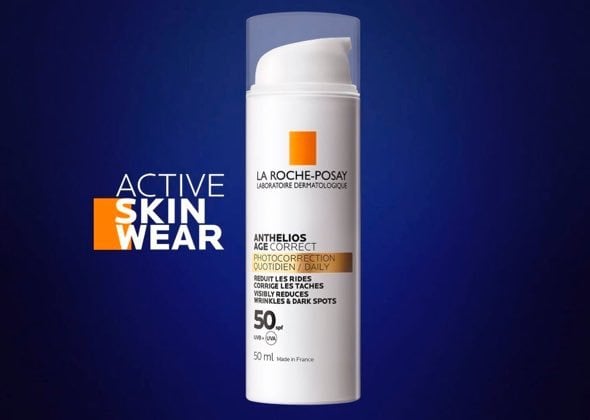Try our free AI Powered Acne Skin Analysis.

shea butter
WHAT IS IT?
Shea butter is an off-white fat extracted from nuts of the shea tree (Vitellaria paradoxa), by cold mechanical nut pressing.
This extraction process allows a very high fraction of shea butter to be made of fatty acids (i.e. oleic acid, stearic acid , linoleic acid, palmitic acid, arachidic acid).
It then undergoes purification.
Shea butter fractions used by La Roche-Posay do not contain any allergenic residues (i.e. nut fraction, etc.).
WHERE DOES IT
COME FROM?
Native to the dry savanna belt of West Africa, shea butter represents the central component
of a solidarity sourcing program established in Burkina Faso.
Since 2014, 100% of La Roche-Posay shea butter originates from this initiative.
This program also protects the environment through the preservation of shea trees.

SHEA BUTTER IS A
BIODEGRADABLE AND
RENEWABLE STAPLE.
WHAT IS IT
USED FOR?
Shea butter brings instant softness to the skin by:
- Providing a better protection to the skin barrier
- Soothing skin tightness
- Limiting skin irritation
WHY DO DERMS
RECOMMEND IT?
This natural product is widely recommended by dermatologists for its powerful moisturizing and soothing properties. 
Did you
know?

LA ROCHE-POSAY HAS CHOSEN TO USE IT TO MAKE THE MOST OF ITS MOISTURIZING, EMOLLIENT AND SOOTHING PROPERTIES.
WHY AND HOW DO
WE USE IT AT LA ROCHE-POSAY?
A long time ago, La Roche-Posay started to include shea butter in products intended for:
- Very-dry skin
- Atopic-prone skin
- Skin presenting a barrier deficiency
Hence, it provides an immediate skin barrier protection as well as an emollient and moisturizing effect.
Its non-fatty-acid fraction (10% approx.) is composed of bioactive substances that are responsible for its medicinal properties
- Soothes the skin (phytosterols)
- Limits water loss (karitene)
- Contributes to skin strengthening (tocopherols)
PRODUCTS WITH
SHEA BUTTER

WE ARE #1 DERMATOLOGIST
RECOMMENDED SKINCARE BRAND
WORLDWIDE
(Ipsos, TNS) between November 2018 and July 2019 among dermatologists in 43
countries representing more than 80% of the worldwide GDP.






